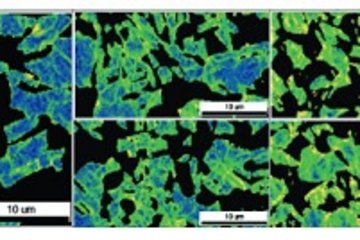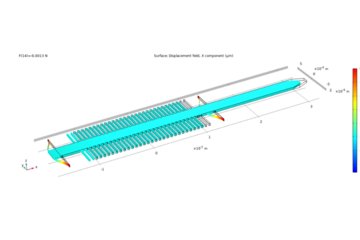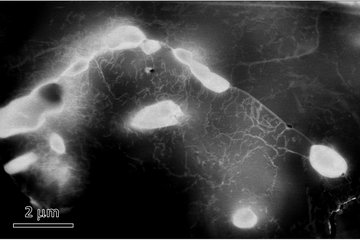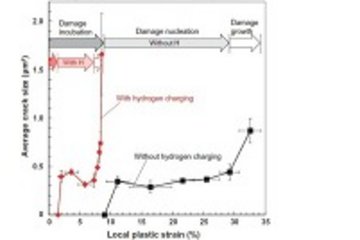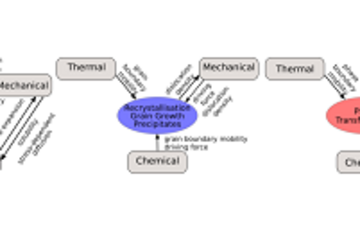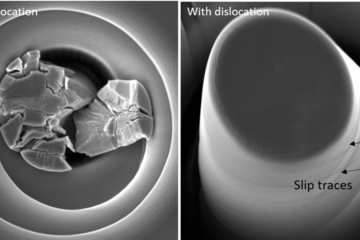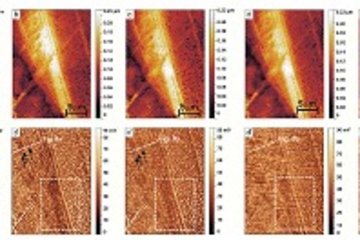All genres
41.
Talk
Lattice dynamics and thermodynamic properties of the secondary structure of proteins: A DFT-GGA based analysis, plus a short introduction to SFHIngX. Seminar, University of California, Santa Barbara, USA (2005)
42.
Talk
A DFT-GGA based thermodynamic analysis of the secondary structure of proteins. PPES-II-Workshop, Zermatt, Switzerland (2005)
43.
Talk
A DFT-GGA based thermodynamic analysis of the secondary structure of proteins. DPG-Jahrestagung, Berlin, Germany (2005)
44.
Poster
Chemical trends of the solution enthalpy of dilute hydrogen in 3d transition metals, derived from first principles. Summer School: Computational Materials Science, San Sebastian, Spain (2010)
45.
Poster
First principles study of the alpha-iron stability limits. 448. Wilhelm und Else Heraeus-Seminar "Excitement in magnetism: Spin-dependent scattering and coupling of excitations in ferromagnets", Tegernsee, Ringberg, Germany (2009)
46.
Poster
Towards an ab-initio based understanding of H-embrittlement in austenitic steels. Scientific Advisory Board Meeting 2009, MPIE, Düsseldorf, Germany (2009)
47.
Poster
First principles study of the alpha-iron stability limits. Ab initio Description of Iron and Steel: Magnetism and Phase diagrams (ADIS 2008), Ringberg Castle, Tegernsee, Germany (2008)
48.
Poster
First principles analysis of Hydrogen in Manganese-rich austentitic steels. Spring meeting of the German Physical Society (DPG), Berlin, Germany (2008)
49.
Poster
First principles study of Hydrogen in Mn-rich austenitic steels. Spring meeting of the German Physical Society (DPG), Berlin, Germany (2008)
50.
Poster
Employing DFT and periodic boundary conditions to study the thermodynamic stability of the secondary structure of proteins. ADIS 2006, Ringberg Castle (2006)
51.
Poster
Thermodynamic stability of the secondary structure of proteins: A DFT-GGA based vibrational analysis. Psi-k 2005 Conference, Schwäbisch Gmünd, Germany (2005)
52.
Poster
Thermodynamic stability of the secondary structure of proteins: A DFT-GGA based vibrational analysis. IPAM-Workshop: Multiscale Modeling in Soft Matter and Bio-Physics, Los Angeles, CA, USA (2005)





